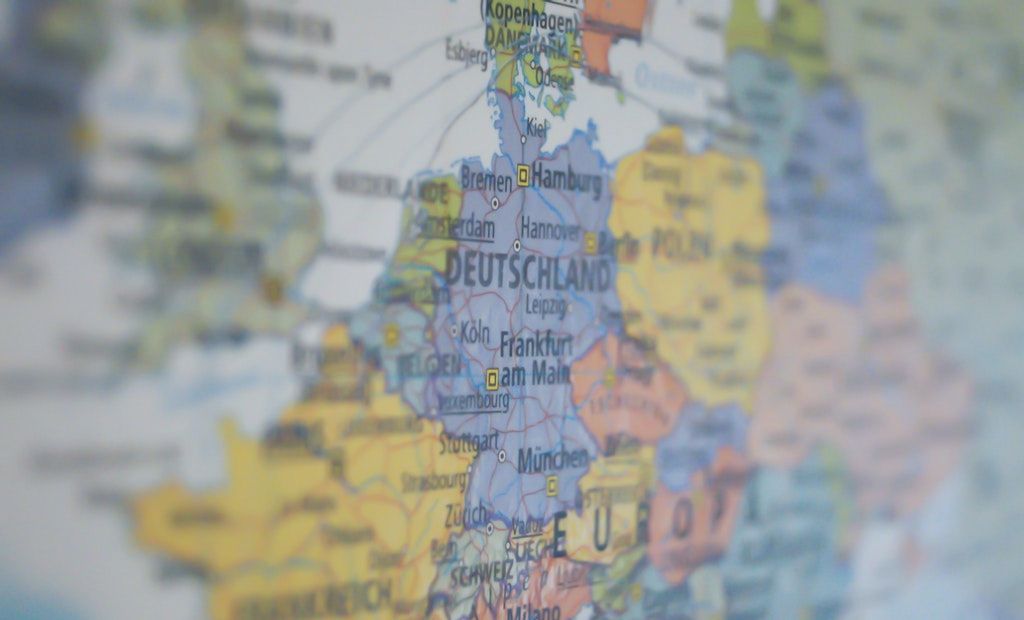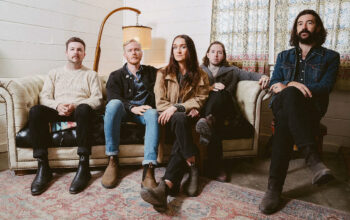Does Europe need Turkey?

There is much discussion about whether Europe needs Turkey, but the question could easily be reversed: does Turkey need Europe anymore?
Turkey’s membership to the European Union has been a debated topic for long time, but is again on the agenda as the Cypriot presidency of the Council of the EU approaches. From 1st July, Turkey-EU relations will be put to the test for six months as Ankara has already stated its intention to boycott the presidency because of unsolved disputes.
Stefan Fule, the EU Enlargement Commissioner, proposed to begin a “positive agenda” on Turkey EU membership this year, trying to exit years of stagnant negotiations and frozen debates because of the Cyprus issue and France’s fierce opposition to Turkish membership.
The current situation seems completely different from the deep political impasse in which Turkey found itself until last autumn. A mid-October European Commission report on Turkey’s progress towards membership acknowledged negotiations had regrettably not moved into any new areas for over a year. The AK party has remarkably shown little concern towards European issues and the Turkish Europe Minister, Egemon Bagis, liked to claim: “the EU needs Turkey more than Turkey needs it.”
Several political observers think that the Turkish economy is of such a scale that it can develop independently, whether or not it becomes a member.
According to the Economist, Turkey’s GDP rose by 8.5% in 2011 after a 9% increase in 2010. However, Turkey’s exceptionally rapid growth comes with two big side effects: high inflation (10.4% in March) and a growing dependence on foreign capital to fuel its economy
EU membership was the key element of reform during the first term of Recep Tayyip Erdogan, the Turkish prime minister. It enabled him to reduce the influence of the army, the final arbiter of Turkish politics since the last fifty years. But the democratic regeneration stopped as soon as the EU membership appeared less imminent.
Therefore, the leverage recently relinquished by the EU has been acquired by Mr Erdogan, who was triumphantly re-elected prime minister last June for his third term. His political impact on Turkey’s foreign affairs has been increased by European and US need of Turkey’s help to deal with the turmoil of the Arab Spring and the challenge of Iran’s nuclear ambitions. Moreover, Turkey is increasing its political strength in the area as main opponent to the Assad dictatorship in Syria.
As a NATO member since 1952, Turkey and its army, the biggest in the alliance after the US, guaranteed NATO positions against the Soviet bloc on Europe’s southerner borders for over 30 years. For these reasons, Mr Erdogan is considered by the US President as the most important man in the region, leading the only country capable to compete with Iran for regional influence.
Turkey’s exceptional economic growth depends heavily on its increasing integration with the EU. But as an open economy, it has to increase its importance in a marketplace where the EU is still by far the biggest player. Only if the EU accession process will start up again, Turkey will get the so much sought-after renewal it still needs at home.
The Commission, in its mid-October report on Turkey’s progress, still found much to criticise, and always on the same issues: inadequate consideration for human rights and lack of democratic consensus. Turkey has one of the highest rates of violence against women in the so-called first world, and the recently-renewed attacks towards the Kurdish minority have seen over 3,000 people arrested, among which there were 12 elected mayors and six Kurdish MPs.
Turkey has still much modernising to do. The prime minister is increasingly intolerant of criticism and is pushing his government to control almost every aspect of its citizens’ social life, from associations to communications and internet.
Moreover, freedom of information is another important issue against an immediate European membership: there are more than 100 journalists in Turkish jails, mainly detained for political reasons.
Turkey definitely needs Europe, but for the time being the European Union is still unable to forecast when Turkey would be ready for membership. Recent suggestions aired by Germany would favourably welcome a privileged partnership instead of full-fledged membership.
Annalisa Ratti

























Facebook
Twitter
Instagram
YouTube
RSS